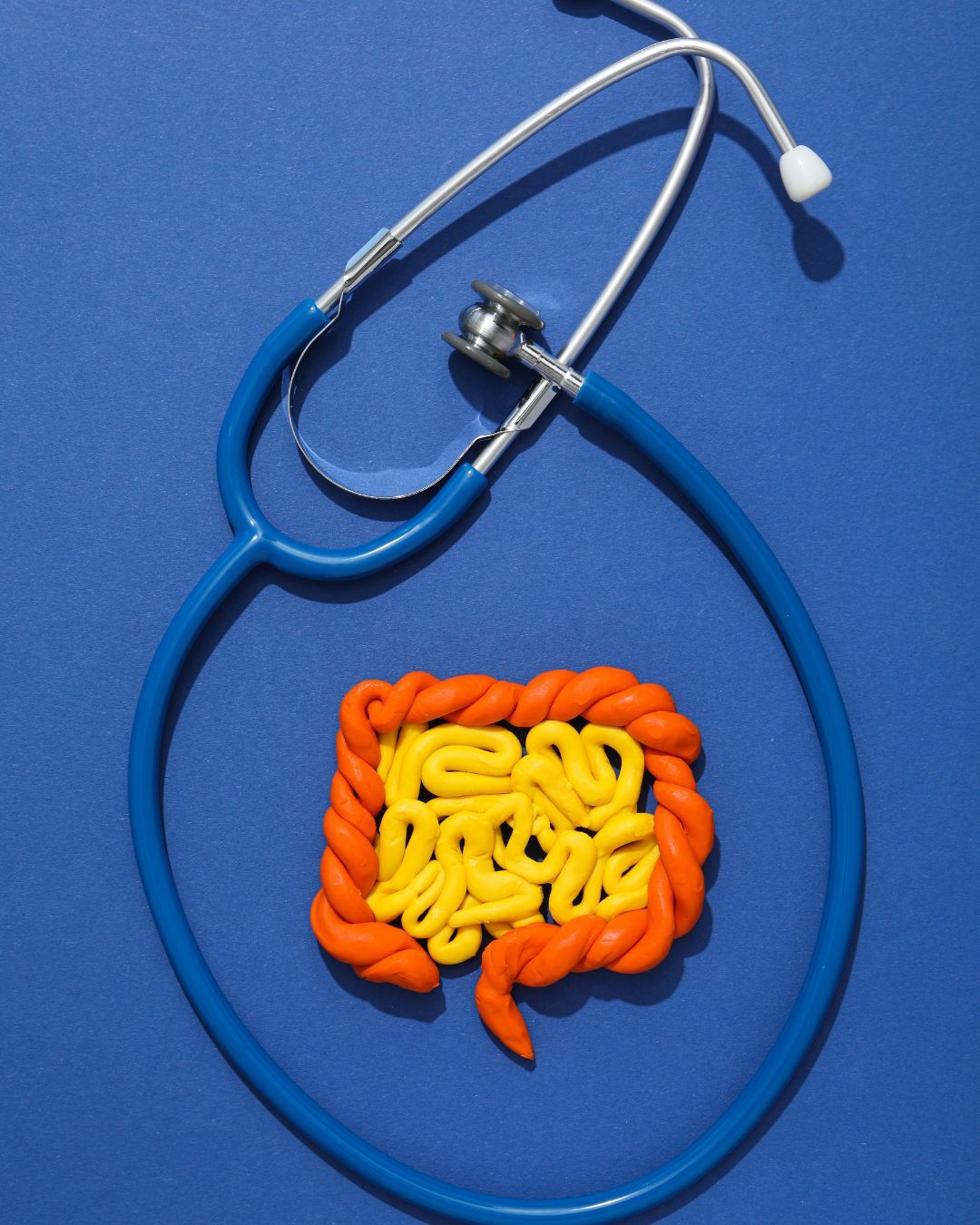

Nutrient deficiencies ain't good for our bodies, ya know? When we don't get enough of essential vitamins and minerals, it can lead to all sorts of problems. added details accessible check that. Like feeling tired all the time, getting sick more often, or even having trouble thinking straight. It's important to eat a balanced diet with plenty of fruits, vegetables, and whole grains to make sure we're getting all the nutrients we need. So next time ya think about skipping that salad or reaching for that bag of chips instead, remember how important it is to fuel our bodies with the right stuff. Stay healthy, folks!
check .Identifying nutrient deficiencies be crucial for overall health. Without proper nutrients, our bodies can't function properly and can lead to serious health issues. It's important to pay attention to signs of deficiency like fatigue or weak immune system. Ignoring these symptoms can have negative consequences on our well-being.
When we not get enough vitamins and minerals, our bodies struggle to perform basic functions. This can affect everything from energy levels to mental clarity. In worst cases, it can even lead to chronic diseases like diabetes or heart disease.
So, next time you feel tired or unwell, don't just brush it off as normal. Make sure you're getting all the nutrients your body needs to thrive. Your future self will thank you!
Hey there!. So, when it comes to learning the top strategies for a long and fulfilling life through health education, one thing that's really important is finding ways to incorporate mindfulness practices and relaxation techniques into your daily routine.

Posted by on 2024-05-15
So, like, physical fitness and exercise are like super important, right?. But sometimes it's really hard to like, actually do it because there are so many barriers getting in the way.

Posted by on 2024-05-15
Hydration, it's so important for our health.. When we don't drink enough water, it can really affect how we feel.

Posted by on 2024-05-15
Hey there!. So, when it comes to strategies for improving overall mental well-being, there are a few things we can do to help ourselves out.

Posted by on 2024-05-15
Hey there! So, when it comes to nutrient deficiencies, there are some common symptoms that ya might experience if ya ain't gettin' enough of them essential nutrients in your diet. These symptoms can vary dependin' on which nutrient you lackin'. For example, if you don't get enough iron, you might feel tired all the time and have trouble concentratin'. And if ya runnin' low on vitamin D, you could start feelin' down and have weak bones.
But lemme tell ya, these symptoms ain't always easy to spot 'cause they can be subtle at first. That's why it's important to pay attention to how you're feelin' and maybe even talk to a doctor or nutritionist if ya think somethin' might be off. Remember, takin' care of yourself starts with eatin' a balanced diet and makin' sure you're gettin' all the nutrients your body needs. So don't ignore them signals your body sendin', listen up and take action before things get worse!

Alright, let's talk about causes and risk factors for developing nutrient deficiencies. So, there are a few things that can lead to not getting enough nutrients in your diet. One big cause is not eating a balanced diet with all the essential vitamins and minerals. If you're always skipping meals or eating junk food, you might be missing out on important nutrients.
Another factor is certain medical conditions that can affect how your body absorbs and uses nutrients. For example, if you have a digestive disorder like celiac disease or Crohn's disease, it can make it harder for your body to get what it needs from the food you eat.
Lifestyle choices can also play a role in nutrient deficiencies. If you're someone who drinks a lot of alcohol or smokes cigarettes, these habits can interfere with your body's ability to absorb nutrients properly.
And let's not forget about age - as we get older, our bodies may not be as efficient at absorbing nutrients as they used to be. So it's important to pay attention to what you're eating and make sure you're getting all the essential vitamins and minerals your body needs to stay healthy.
In conclusion, there are many factors that can contribute to developing nutrient deficiencies, but by being mindful of what we eat and taking care of our bodies, we can help prevent them from happening.
Nutrient deficiencies, they can have a big impact on our bodies, you know? When we don't get enough of the vitamins and minerals that we need, it can mess with all sorts of systems in our bodies. Like, for example, if we don't get enough calcium, our bones can become weak and brittle. And if we're lacking in iron, we might feel tired all the time and have trouble concentrating.
Not getting enough vitamin D can also be a problem because it helps our bodies absorb calcium. So if we're deficient in both of these nutrients, it's like a double whammy for our bones! And let's not forget about how important things like potassium and magnesium are for our muscles to function properly. Without them, we might experience cramps or weakness.
And don't even get me started on what happens when we lack certain vitamins that are crucial for our immune system. We become more susceptible to getting sick and taking longer to recover from illnesses. It's like our body's defense system is running on low power mode!
So yeah, nutrient deficiencies? They're no joke. We gotta make sure we're eating a balanced diet with plenty of fruits, veggies, and whole grains to keep everything running smoothly. Because when our bodies aren't getting what they need, it can throw everything out of whack!


When it comes to preventing and treating nutrient deficiencies, there are several strategies that can be put into place. It's important to make sure you're getting enough vitamins and minerals through your diet, but sometimes supplementation may be necessary. Don't forget to consult with a healthcare provider before starting any new supplements.
One way to prevent nutrient deficiencies is by eating a balanced diet that includes a variety of foods. Avoid relying on just one or two food groups for all of your nutrients - mix it up! Including fruits, vegetables, whole grains, lean proteins, and dairy products in your meals can help ensure you're getting the right amount of essential nutrients.
In addition to a healthy diet, staying hydrated is also key in preventing deficiencies. Drinking plenty of water throughout the day can help your body absorb nutrients more effectively. Plus, it's just good for overall health!
If you suspect you have a nutrient deficiency, don't ignore the signs and symptoms. Fatigue, weakness, hair loss, and frequent infections could all be indicators that something isn't quite right with your nutrition. Be sure to speak with a healthcare professional who can run tests to determine if supplementation is necessary.
Overall, taking care of your body by eating well-rounded meals, staying hydrated, and seeking medical advice when needed are all important steps in preventing and treating nutrient deficiencies. Remember - your health is worth investing in!
When it comes to keepin' our bodies healthy and runnin' smoothly, the role of diet and supplementation is mighty important in makin' sure we get all them nutrients we need. Without the proper balance of vitamins and minerals, our bodies can suffer from deficiencies that can cause all sorts of problems.
Now, some folks might think they can just eat whatever they want and not worry 'bout takin' supplements. But let me tell ya, that ain't always gonna cut it. Sometimes our diets just ain't enough to give us everything we need to stay healthy.
That's where supplements come in handy. They can help fill in them gaps in our diets and make sure we're gettin' all the nutrients we need to function at our best. Of course, it's important to talk to a doctor or nutritionist before startin' any new supplement regimen to make sure you're takin' the right ones for your body.
So remember, when it comes to keepin' your nutrient levels in tip-top shape, don't skimp on your diet and supplementation. Your body will thank ya for it!
